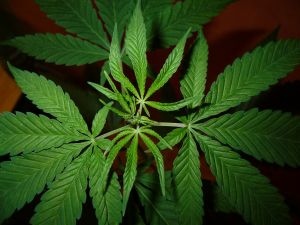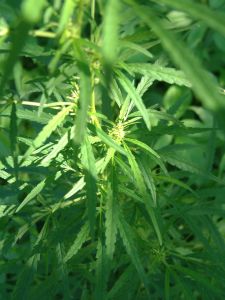IRS Instructions on Marijuana Business Deductions
For business owners in Colorado and Washington State, or even where businesses sell medical marijuana, filing taxes can be complicated. As tax season draws near, the IRS has provided guidelines for filing taxes related to marijuana profits, though they could result in a heavy burden. Currently, four states have legalized marijuana for medical use. Despite states loosening their restrictions on pot, the federal government continues to maintain that the drug is a controlled substance. The conflict between state and federal law creates the potential for criminal liability–and what about taxes?

Normal business owners will be responsible for paying state and federal income taxes, wage taxes and other expenses related to business operation. For those in the marijuana industry, filing taxes on your business means admitting to the federal government that you are committing a crime. Some have taken on this issue by filing a complaint alleging that even paying state taxes amounts to a violation of the 5th Amendment. The lawsuit challenges the taxes by claiming that you have the right not to incriminate yourself.
Continue reading
 Cannabis Law Group's Medical Marijuana Legal Blog
Cannabis Law Group's Medical Marijuana Legal Blog












